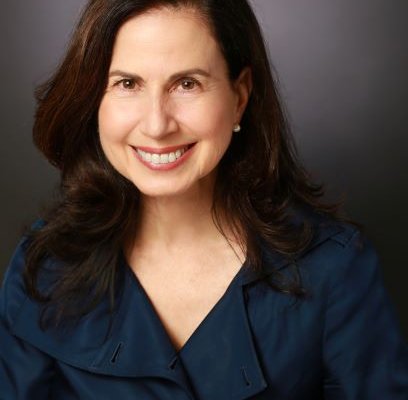What is the Council for Economic Education (CEE)’s origin story? What is CEE’s mission?
Our mission is to equip kids with the tools and knowledge of personal finance and economics so that they can make better decisions for themselves, their families and their communities. We do this by educating the educators and increasingly with direct programs to students. We were founded after WWII when the world was changing and economic times were hard. The world is constantly changing and economies swing up and down – we are still here because our mission is enduring and each generation needs to opportunity to build the skills and knowledge to create a good life for themselves on the horizon line of their choice.
Economic empowerment is at the core of FountainHead RI’s mission. As President and CEO of CEE, why do you believe education in personal finance is essential for our children? What role does economic education have to play in advancing equity?
The knowledge and tools of personal finance and economics help kids to make thoughtful decisions about building their personal and capital resources, and to understand our world, and how to navigate successfully within it. The gaps in financial knowledge and wealth building run clearly along socioeconomic lines. CEE believes we can level the playing field. Education is fundamental, but once our society invests to provide opportunities for all kids to develop their knowledge earn a degree/certification and get a job, we must teach kids how to manage their money to meet their life goals. We are an essential tool in the toolkit of economic mobility.
Tell us about CEE’s Master Teacher Program and other professional development opportunities that CEE currently offers K-12 educators. How has COVID-19 affected the delivery of these programs? How has CEE adapted?
Our core is educating educators. Our master teachers have built on their experience through even more rigorous training to deliver the highest level of educator training. The 95%+ satisfaction ratings on our training tells the story. We train both offline and increasingly online. Online has of course dramatically increased since the COVID 19 crisis. We are not only adding more sessions (available for replay on EconEdLink, our free online resource for teachers) but we have added new topics beyond just our core subjects to help educators adapt to virtual classrooms. We have also started to deliver some of our programs directly to students.
How does CEE involve parents/caregivers and entire families in the economic education of their children? What (virtual!) resources does CEE offer to parents/caregivers?
We have been running Family Financial Literacy Nights across the country. These events bring families, educators, and volunteers together to engage in fun financial literacy games (there is a lot of math!). They open up the dialogue about money for many who hesitate to have these conversations with their kids. These events also inspire schools to do more. We will be putting a version of this program online for families to do together at home.
Tell us about the “This Teacher Rocks Campaign.” Are there other upcoming events and/or initiatives that you would like to share with us?
With the stress and scurry of moving so quickly online, and the challenges of effective educating a range of students in a classroom now online, we knew we needed to say thank you. So we are asking everyone to post something about their favorite teacher and why they rock on through a video, tweet, or poster and tag why #ThisTeacherRocks. It could be the teacher of their child/niece/nephew, a friend or a peer or a parent who is a teacher. In a more serious vein, Loretta Mester, President of the Federal Reserve Bank of Cleveland, will join us on via zoom on Wednesday June 17 to provide her perspectives on the economy. In addition, there will be a student competition in the fall – stay tuned for details!
Do you have a favorite quote or mantra that inspires you?
I am a big fan of Ernest Shackleton, and his leadership in saving his crew. I think in challenging times, it is important to move ahead, and as he said, “difficulties are just things to overcome, after all.”
How can our community get involved and stay connected with CEE? Where can we go to learn more?
You can go to Councilforeconed.org to see the range of our programs, and how to bring them to your school. EconEdLink.org has free education resources and information about our professional development webinars – educators can also sign up for our newsletter. In RI, our RI CEE affiliated provides outstanding programs through their ED, Margaret Brooks.




